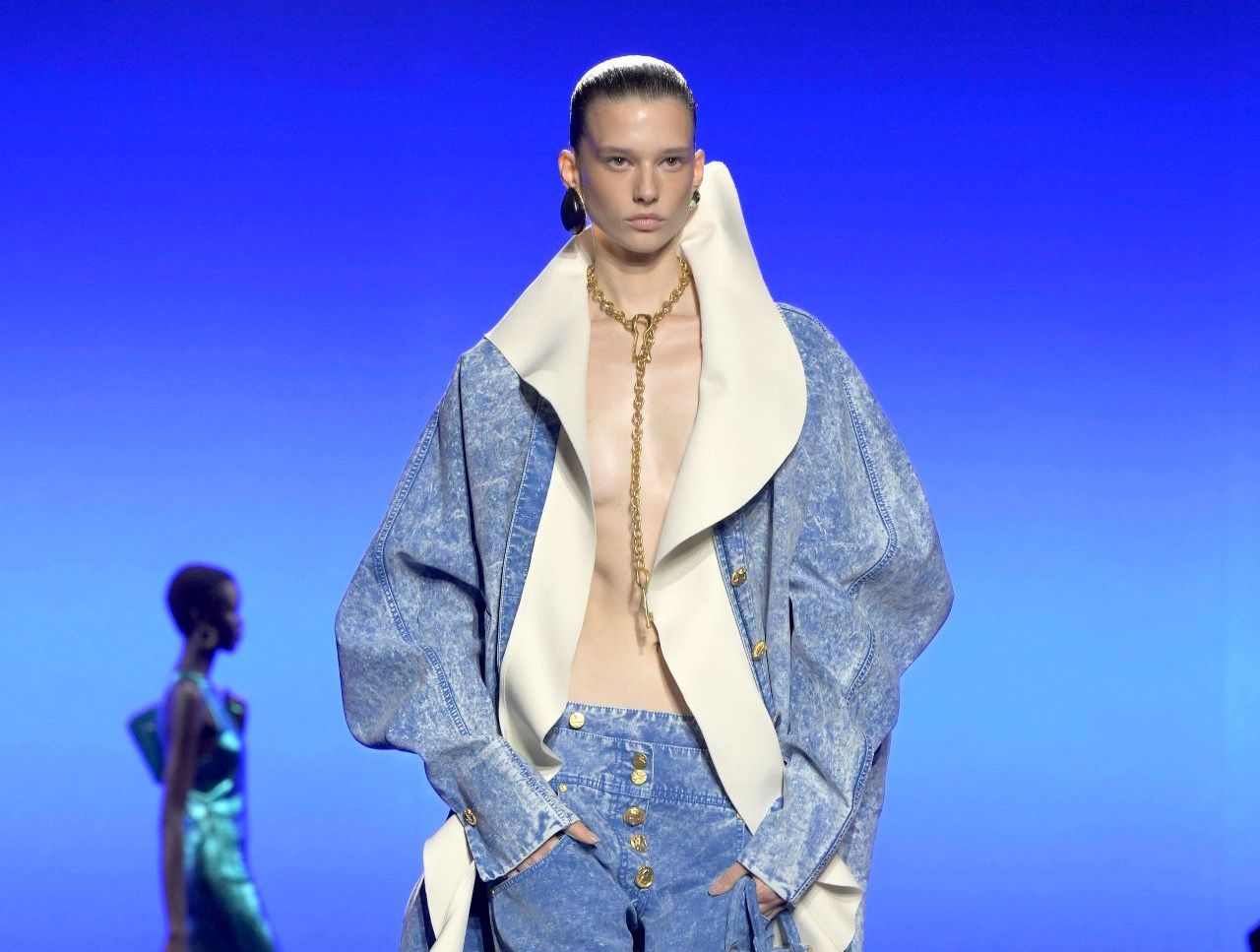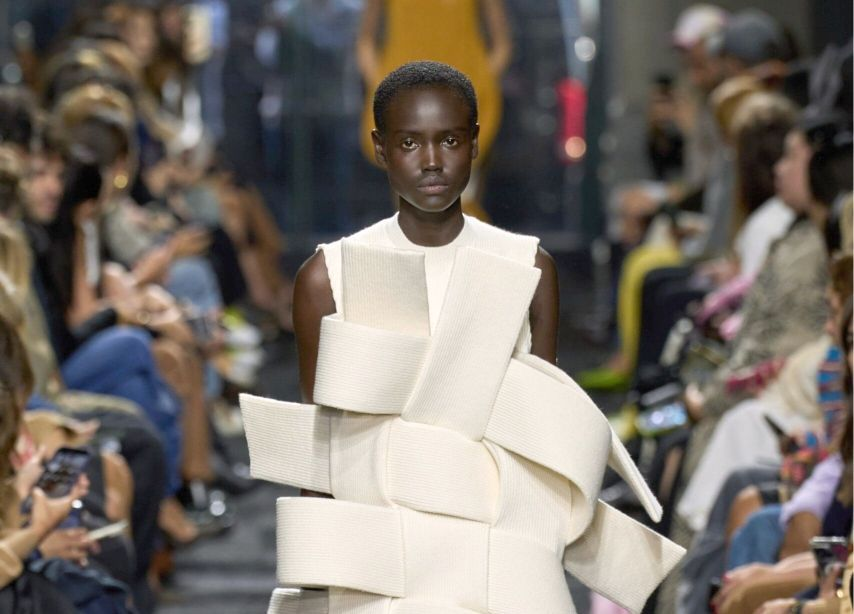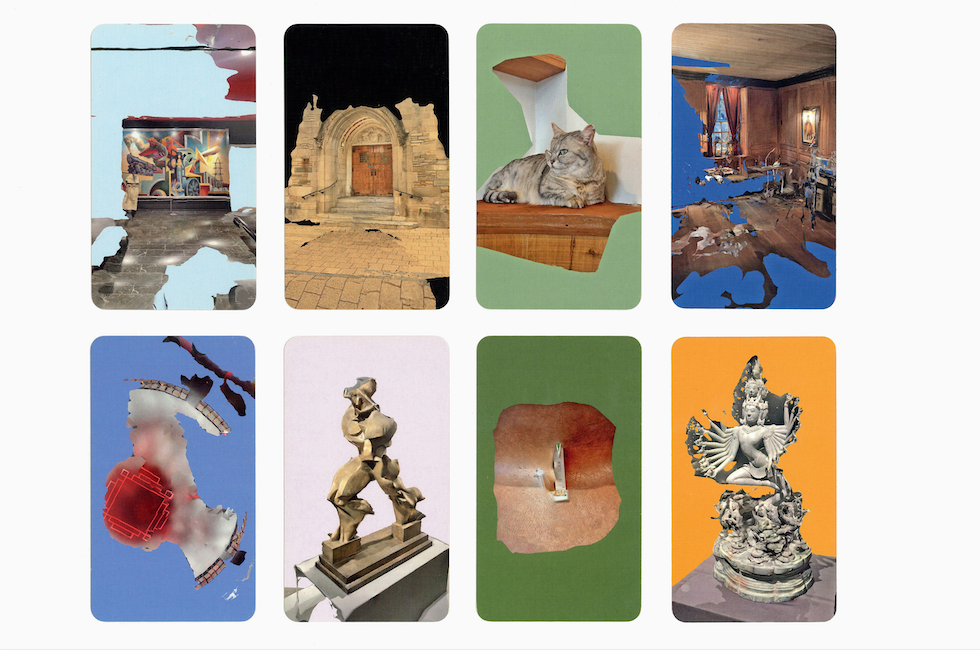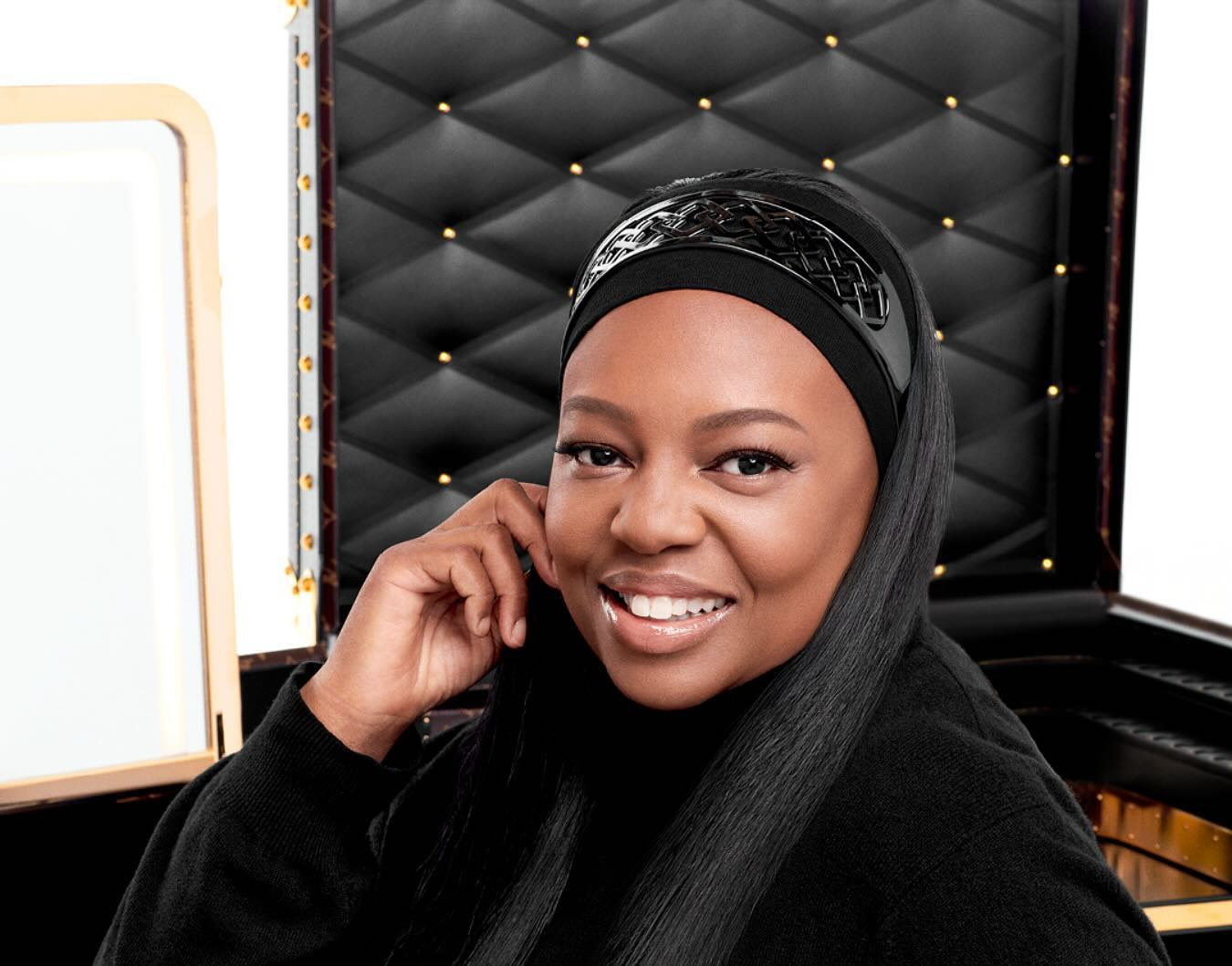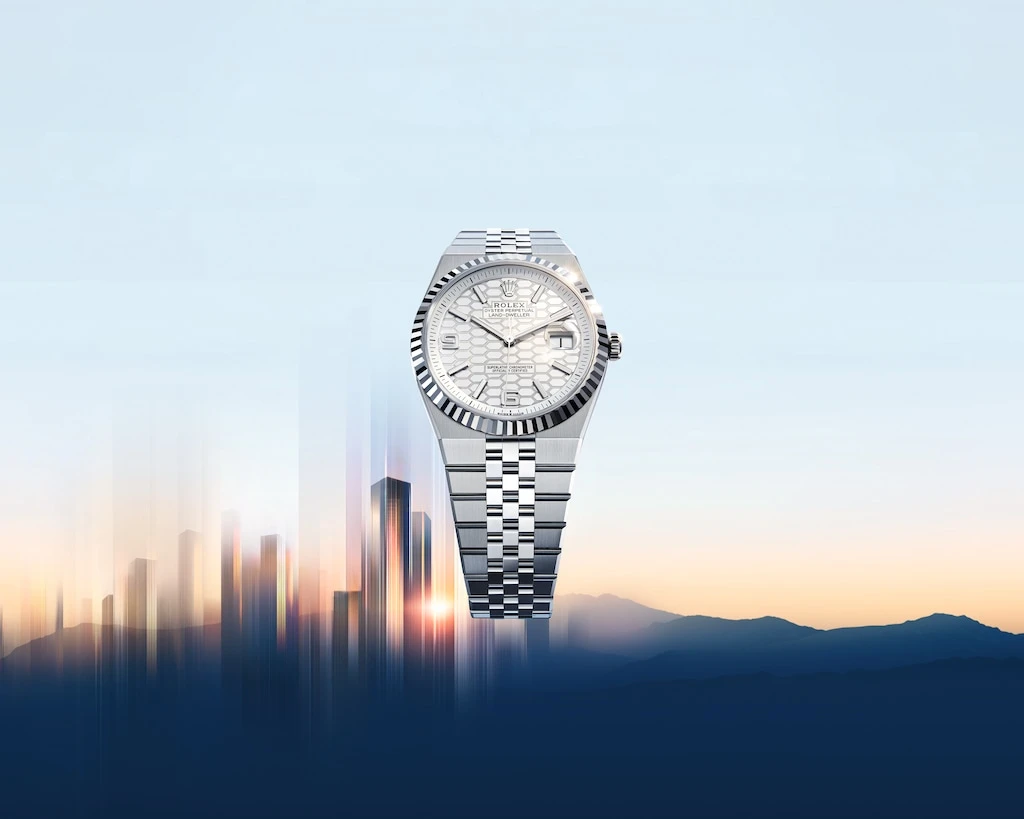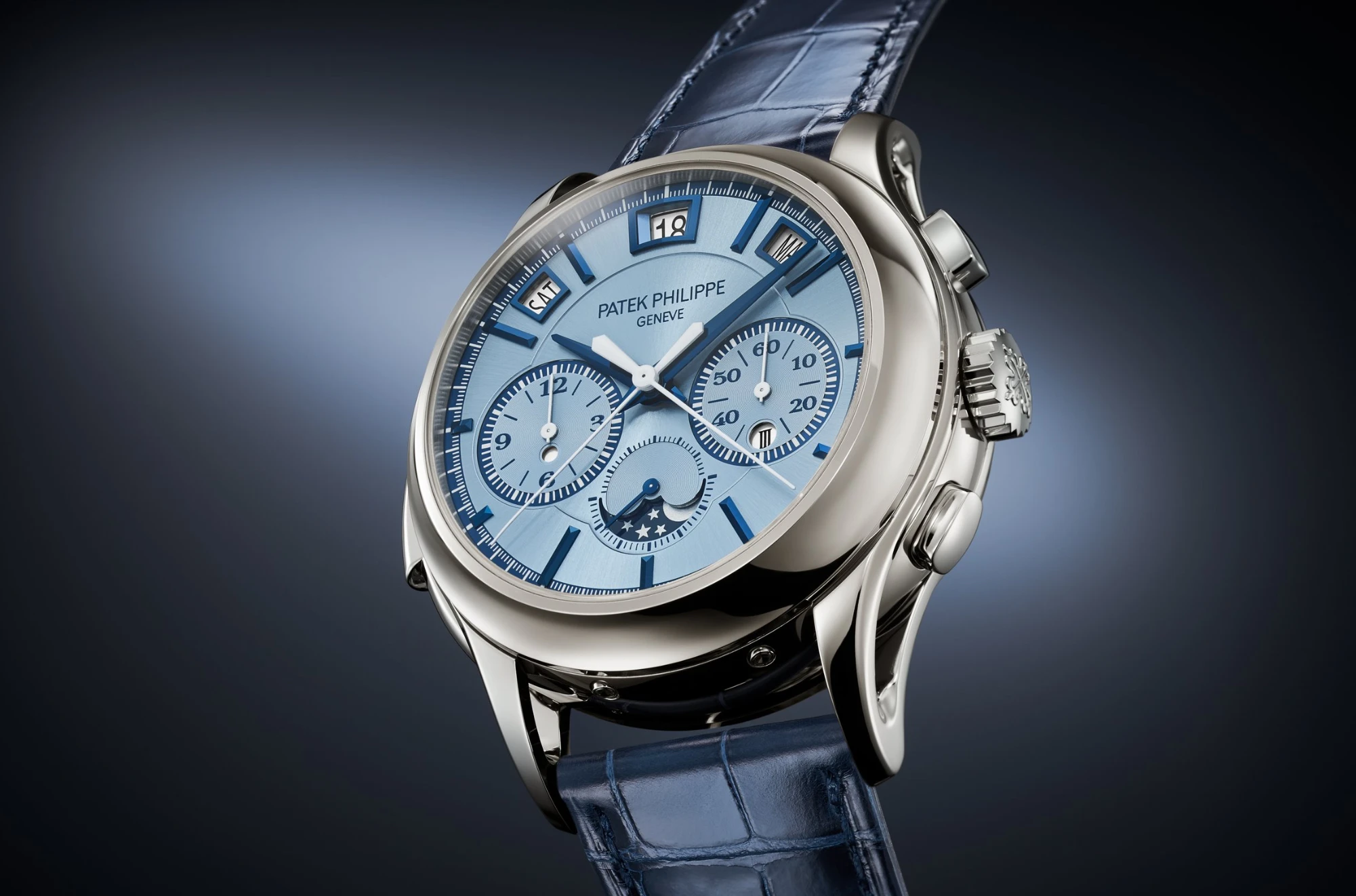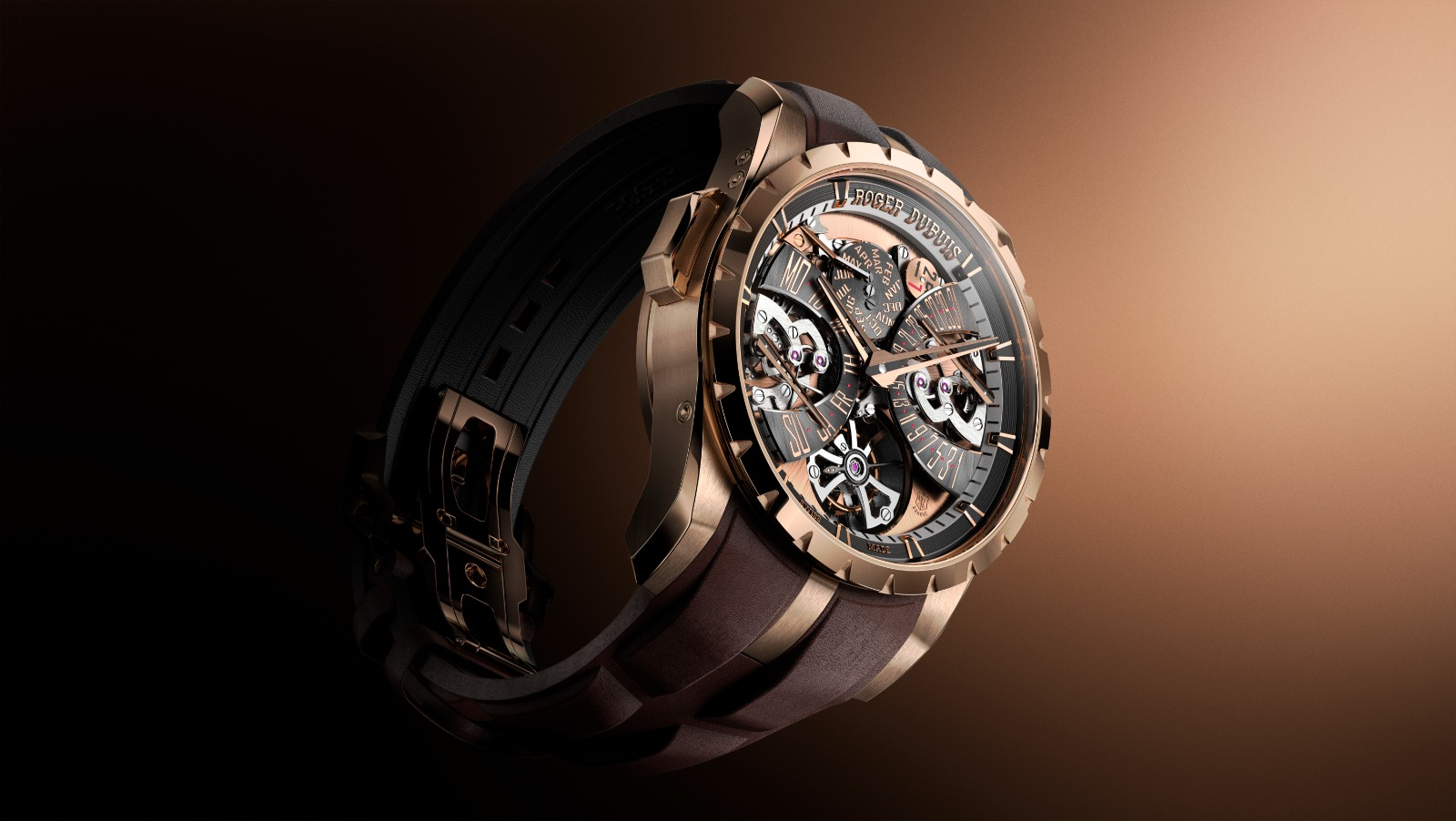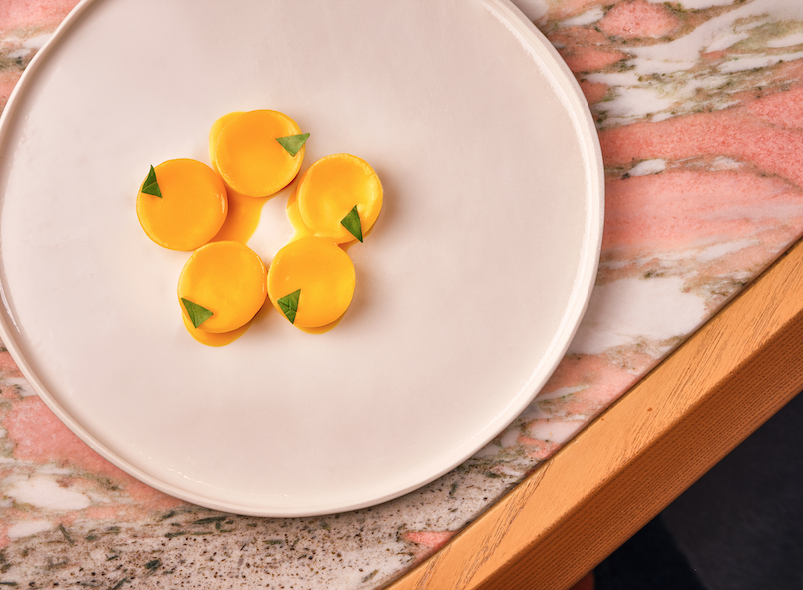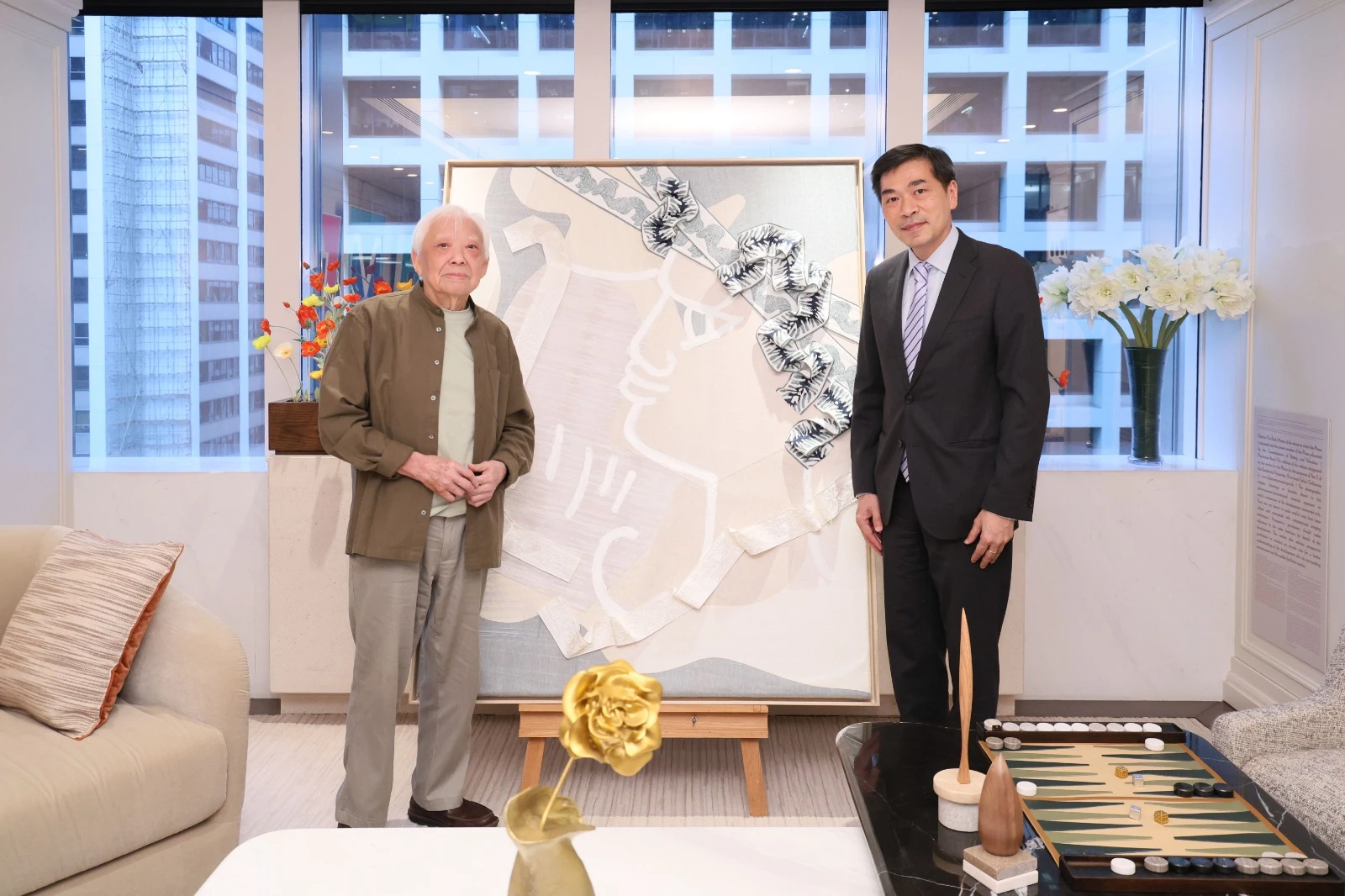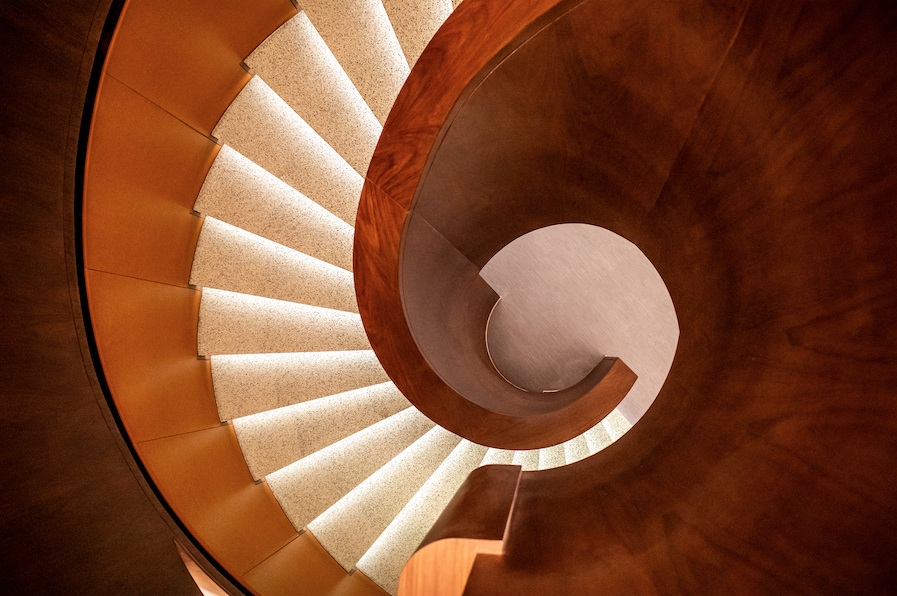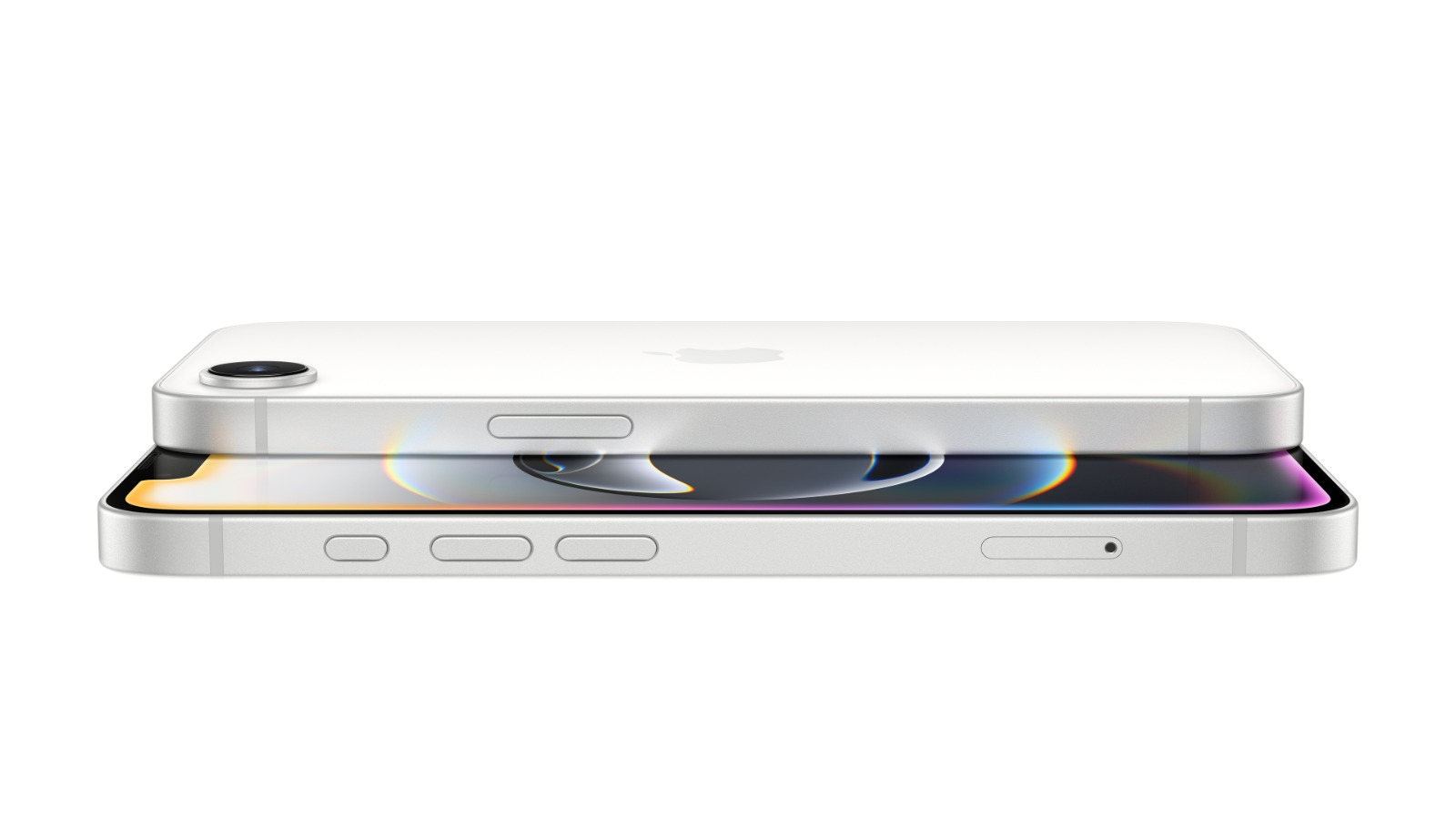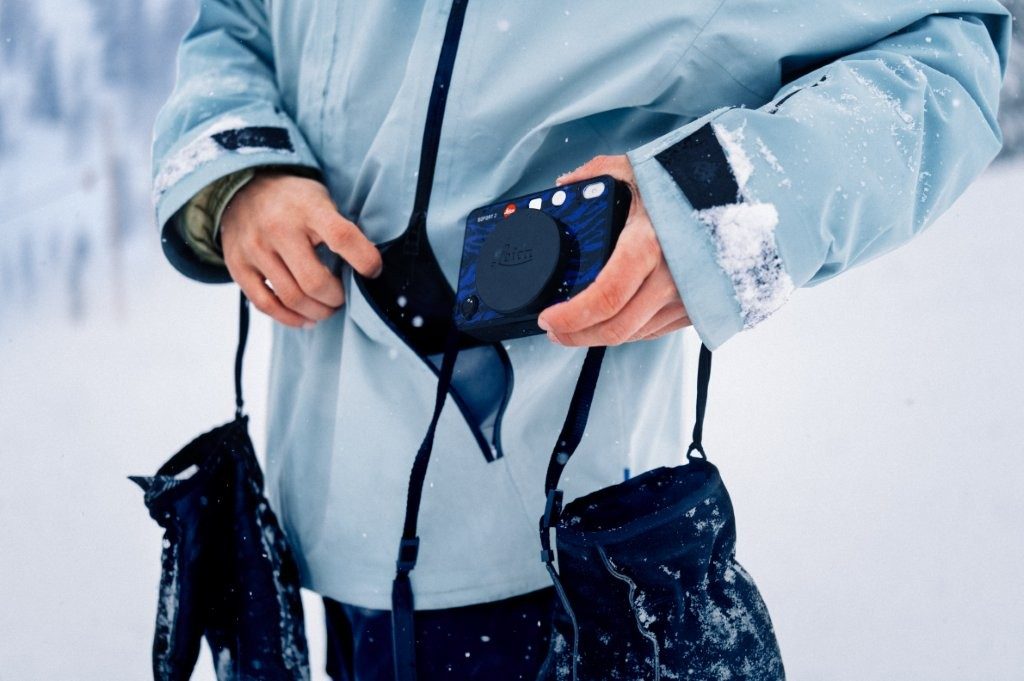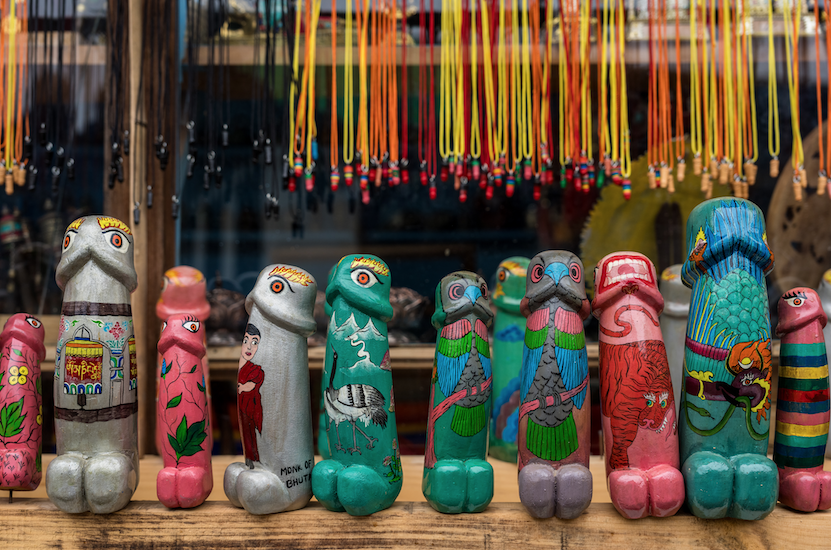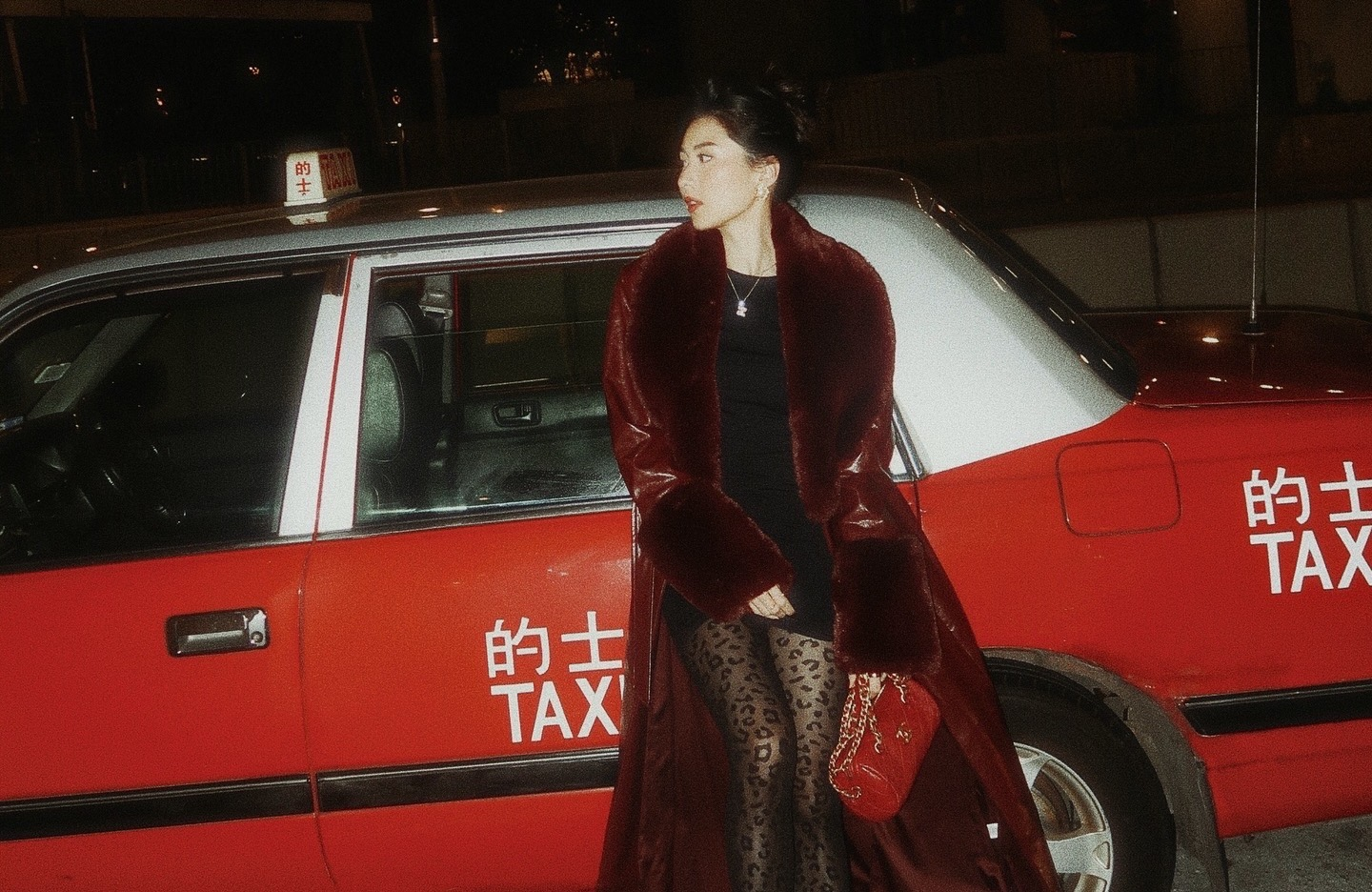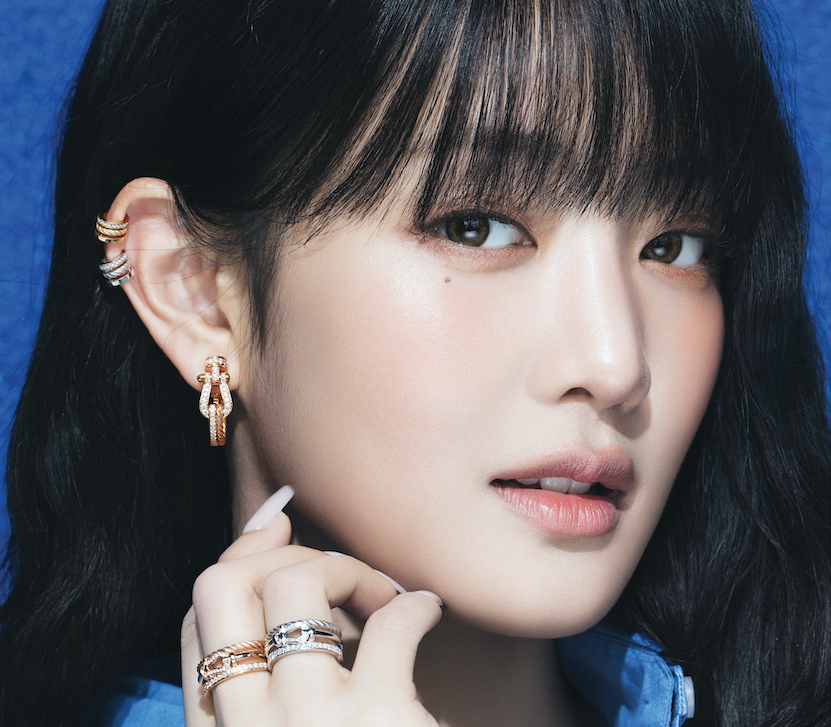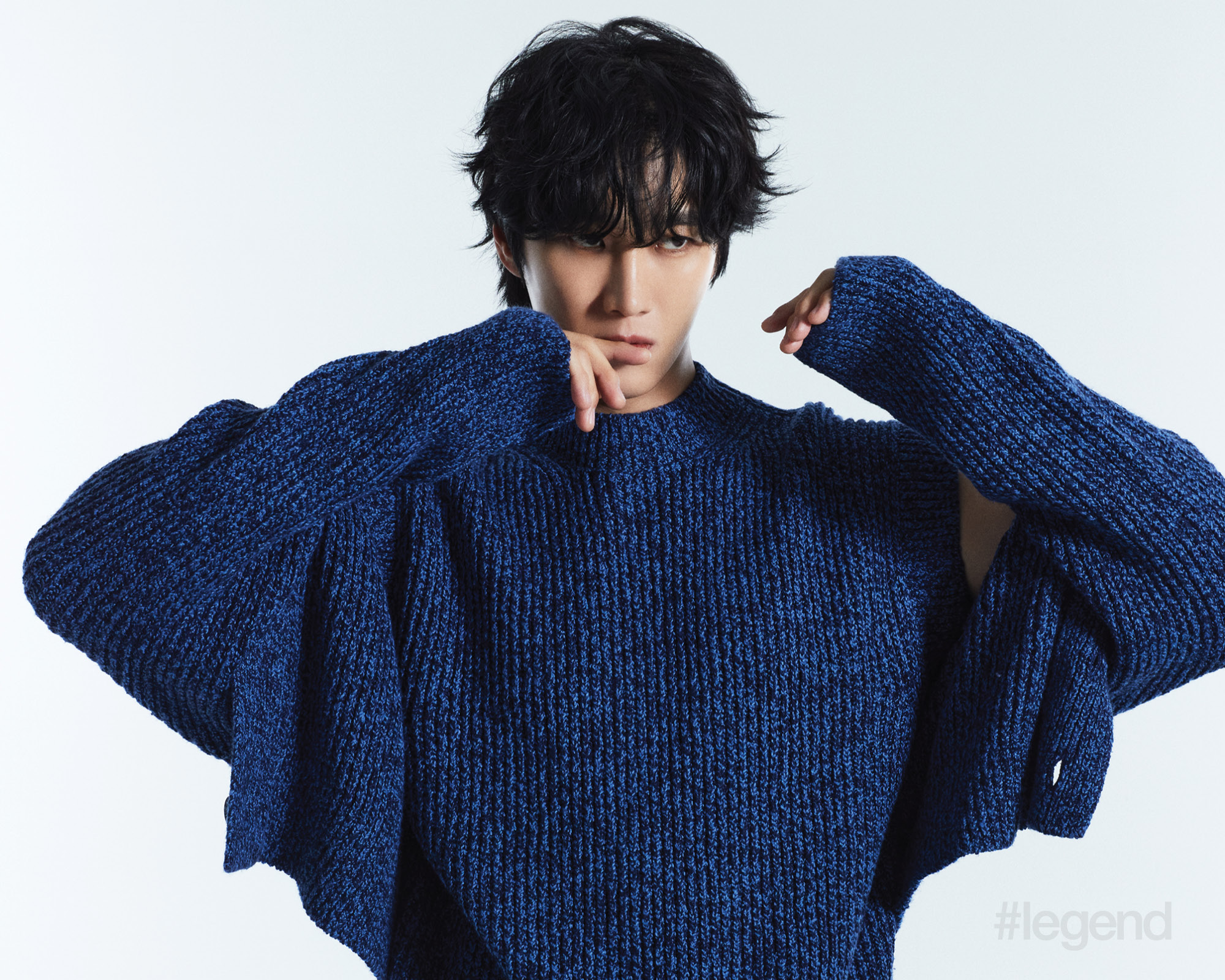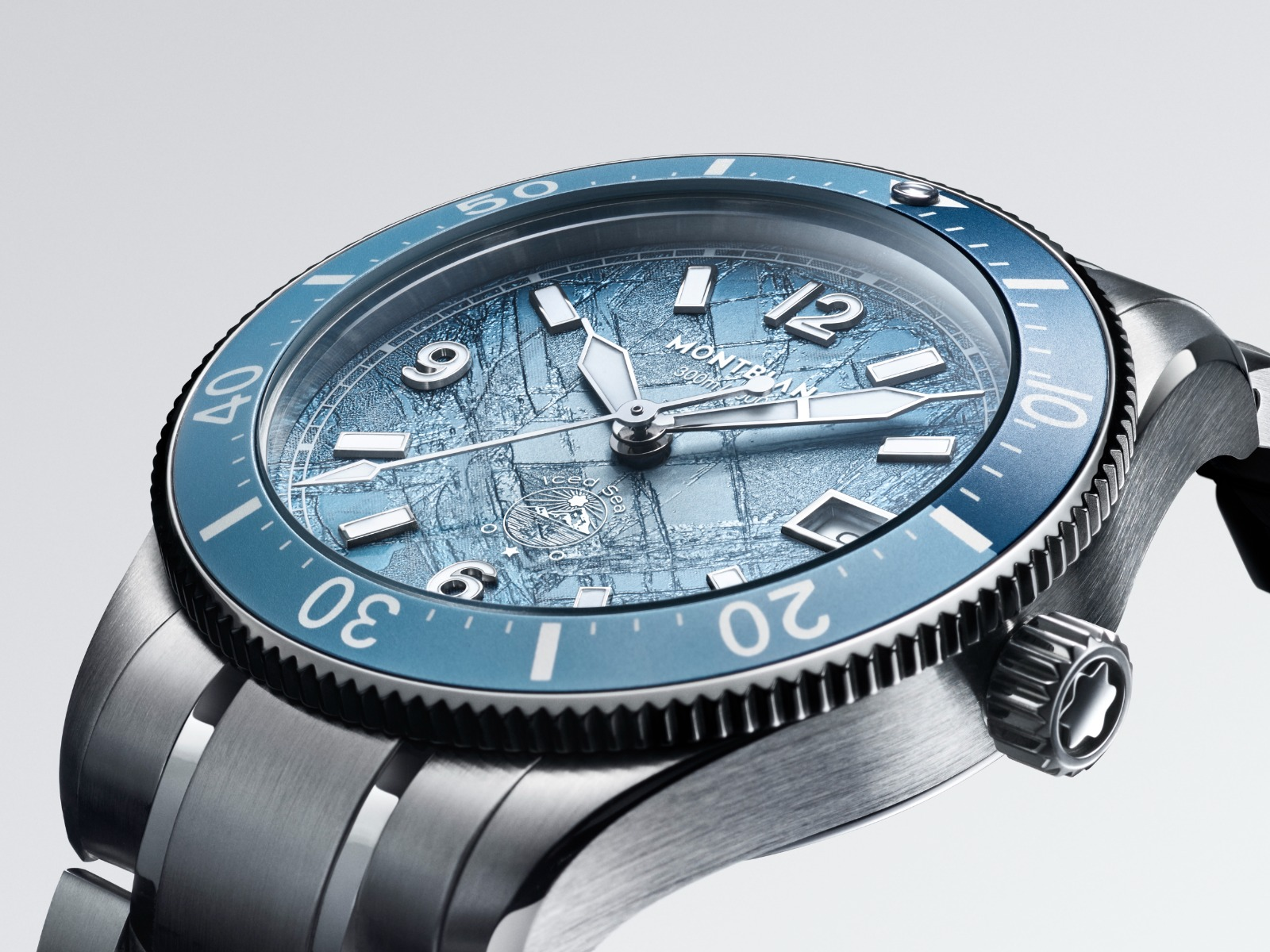Roger Dubuis' Sady Keiser talks about technical precision and more
May 14, 2024
Chief marketing officer of Roger Dubuis Sady Keiser talks to Stephenie Gee at last month’s Watches and Wonders about the Orbis in Machina, technical precision and more
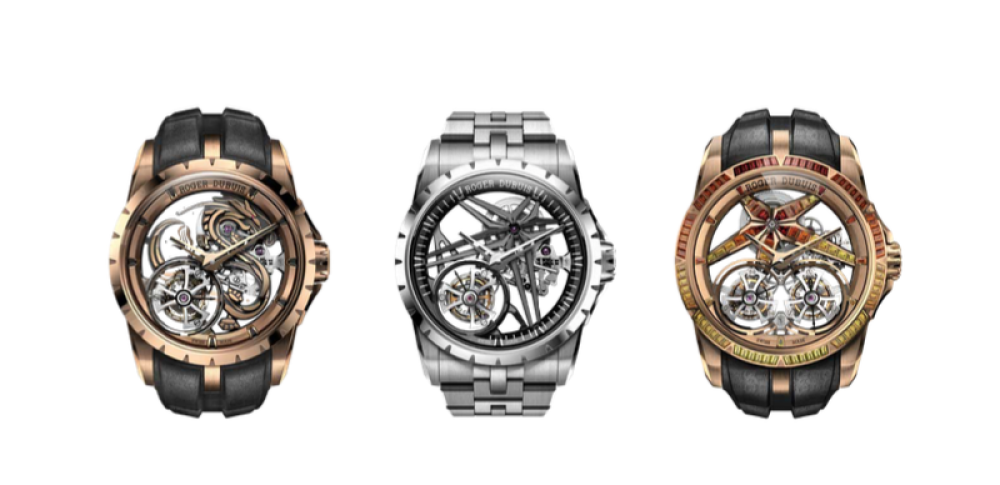
New mechanical innovations – be it the minute repeater, perpetual calendar, rattrapante chronograph or grand complication which houses all three – are so closely associated with the world of haute horlogerie as the tourbillon. Developed by Swiss-French watchmaker Abraham-Louis Breguet in 1975 to offset the effects of gravity on the accuracy of timekeeping, the tourbillon has gone on to become one of the most coveted features in modern prestigious watchmaking.
Standing at the forefront of haute horlogerie – hyper horology, in fact – since 1995, Roger Dubuis celebrated the tourbillon in all its forms with four astonishing releases at Watches and Wonders 2024:
the Excalibur Dragon Monotourbillon, Excalibur Sunrise Double Tourbillon, Excalibur Titanium Monotourbillon and Orbis in Machina. Limited to 88 pieces, the marvel that is the Orbis in Machina does away with conventional hands. In its place in the centre is a tourbillon, from which the time displays wind hierarchically around the dial in stages. The front of the timepiece is adorned in concentric circles in contrasting pink gold and grey, each set at different heights for a multi-levelled décor that reveals
the skeleton calibre beneath, all adhering to the prestigious Poinçon de Genève certification.
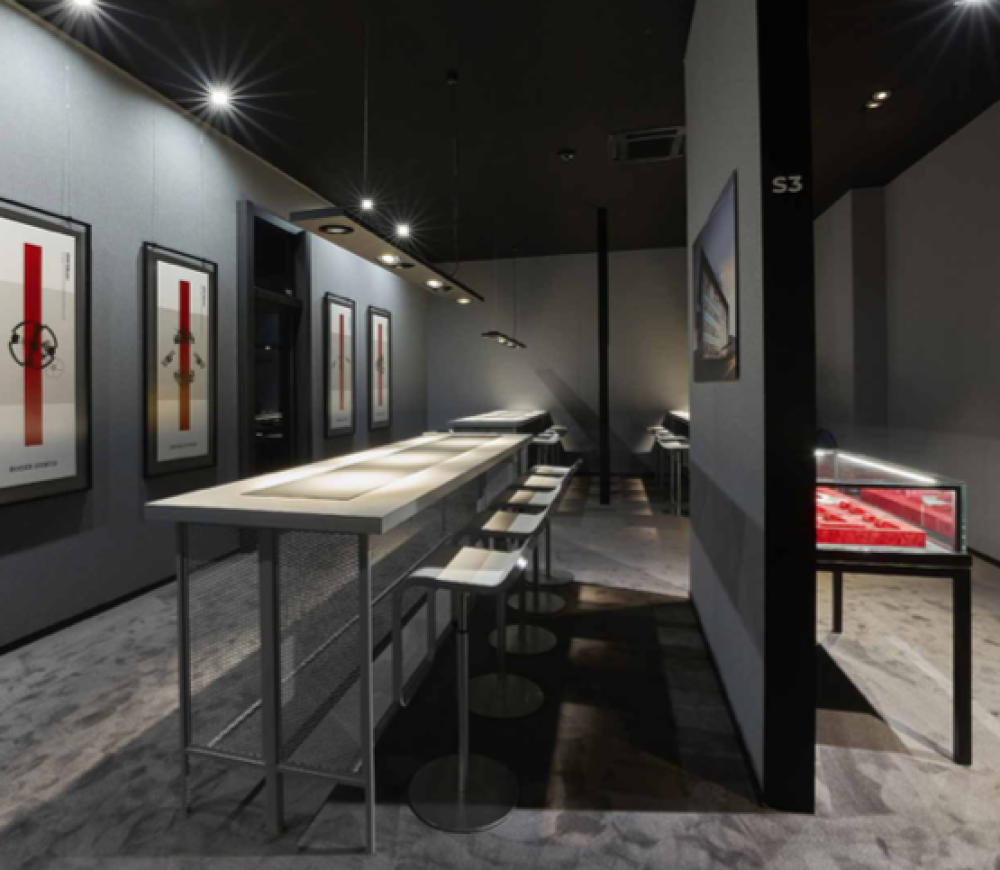
Tell us about the novelties of this year.
The idea this year is to rebalance the switch towards the fine watchmaking that we are able to master. That’s the reason why the theme of the booth is the sanctuary of hyper horology. The columns symbolise the expertise, that kind of strong foundation that you need to have in order to express who you are. This year we decided to pay tribute to one of the most famous complications, the tourbillon. So through that temple, from the very first tourbillon that was developed internally with Roger himself, towards what we create with a specific style with this kind of skeletonised approach, the certification of the Poinçon de Genève, that was pretty much obvious for us at the end to celebrate that tribute. And not with one single novelty, but with four. And the Orbis in Machina you mentioned is going back to the roots, meaning that if we play with just the mechanics, how we can modify those mechanics and put the complication at the centre. And that was the last step of that kind of golden square of novelties paying tribute to the tourbillon, encapsulated in that sanctuary of hyper horology.
The watch leans into a more circular aesthetic.
You’re right. When we talk about modernity and being contemporary sometimes you think about straight lines and flat surfaces. But in a way, in fact, you still have that feeling within, at least on the front face, of very minimalistic design. It’s multi-layered, so you have different kinds of layers. It’s also straight lines when you have it on a cut, and there are even a lot of details on different kinds of layers, which in fact give that transparency and open work on the mechanism itself. So yes, there are maybe fewer straight lines than before, but this circular approach highlights what is at the centre.

What were some of the challenges?
There were millions of challenges but maybe the most obvious one was the hands. When you put the complication at the centre, you do not have any more axes on which to put the hands so you have to find another alternative to display the time. So we do that orbital system with those discs. But the weights of those discs are far heavier than standard hands, meaning that it’s consuming more energy. So even if it seems to be the same kind of tourbillon, you have to re-engineer or rethink the global mechanical chain between the energy towards the regulation, making sure that everything is accurate and following the level of quality that we would like to achieve. So by highlighting the complication at the centre, in fact, you have to rethink the global chain at the entire level.
What can you tell us about the technology and innovation at Roger Dubuis currently and the direction that you’re heading in?
The challenge of being part of watchmaking at this level is the size of the component that you need to produce. We’re talking about microns of precision. So the thing is how you ensure that level of precision without losing your own sensitivity as a human being. If you go full machine, you will lose the philosophy of the person in any way. If you stay only with human hands’ precision, you cannot reach the precision that you need to reach. For example, 3D printing is something that is trending this year. You can basically print whatever you want from a big size to something smaller. But from a fine watchmaking perspective, that technology doesn’t create the precision that we need. It’s not ready yet. We need to continue to develop those kinds of technology without any compromise on the final product we would like to achieve.
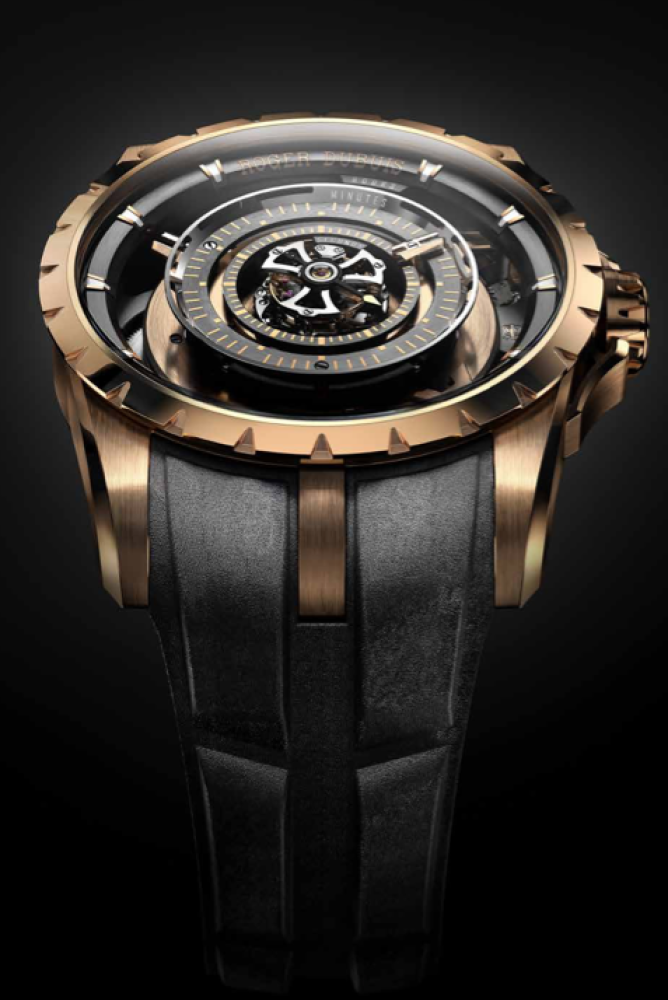
Some additional food for thought: We are used to saying that Roger Dubuis creates extravagant watches for connoisseurs. In that sentence there are two key words: extravagant, and we can debate for hours about what is extravagance, but at least it’s not common; and connoisseur. So you need to merge that kind of expertise inspired by tradition. But then you also have something a bit more crazy, in a way. I think this kind of execution is supporting what I’m saying. It’s unique. Unique from the complexity of the mechanism itself, but also something that is supporting your own style. You love it or you hate it. But if you love it, probably that will support your own personality. And this is exactly all about what we try to reach. The more you know yourself, the more you are looking for items that support your own personality. And that’s the reason why extravagance, in fact, has to serve your own style.
And what are these personalities?
I’m talking about personas, not about real clients or a real person, but I think it’s a good mix between the fashionistas who are already educated in having luxury goods and finding something unique. They already have famous pieces, but customised. Like Louis Vuitton bags, but with customised personalisation elements that make them unique. That’s first. The second one we call the exclusive personas. These are people who are maybe a bit older, and they’re in the second part of their journey in consumption of luxury goods. They already have the famous brands and they’re much more sensitive to the storytelling and the genuine stories associated with the maisons than just the status. These people are very interesting to talk with because they’re very curious and keen to listen. And from our perspective, we have a lot of things to say to them too. These two characters are encapsulated in our audience as we speak, at least as a target.
Also see: Jackie Ho’s watch collection


